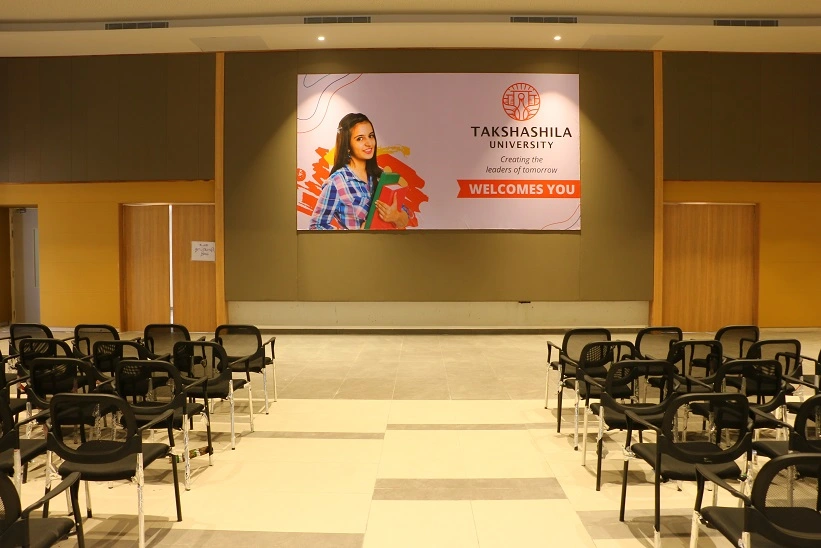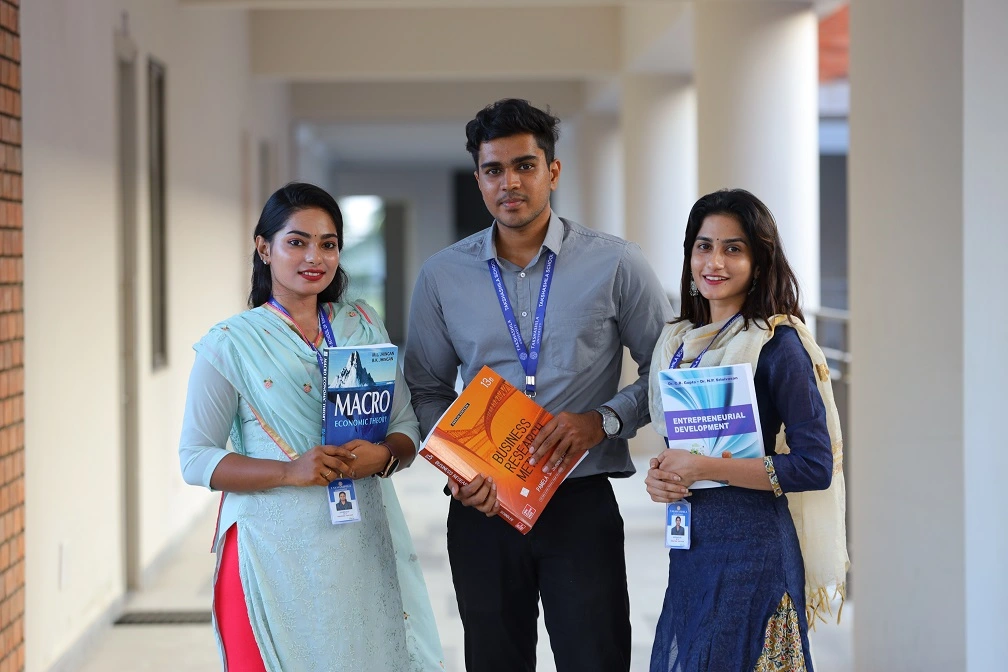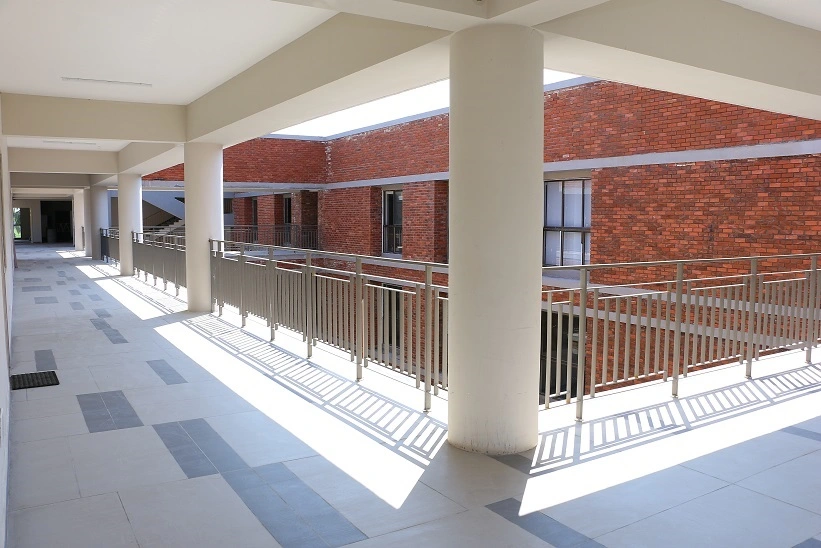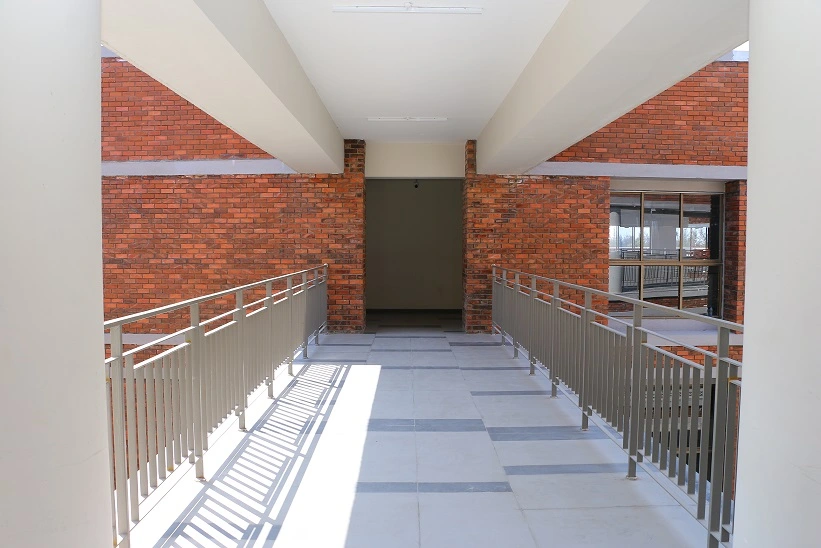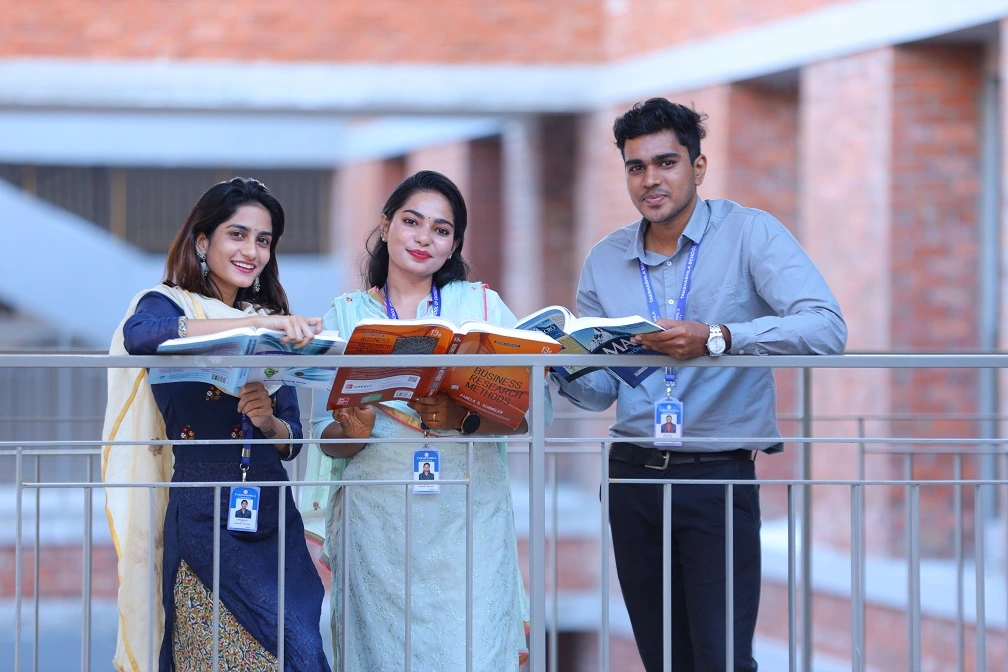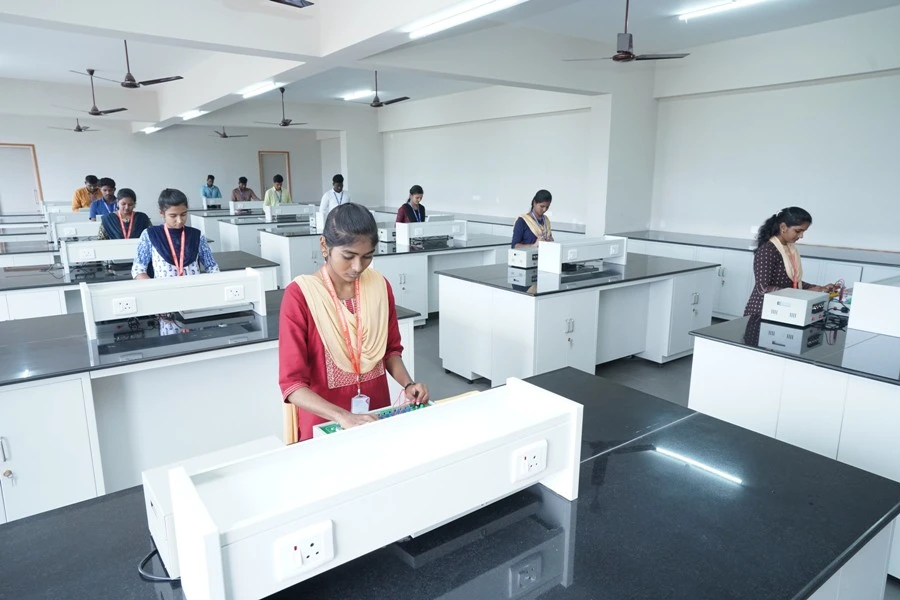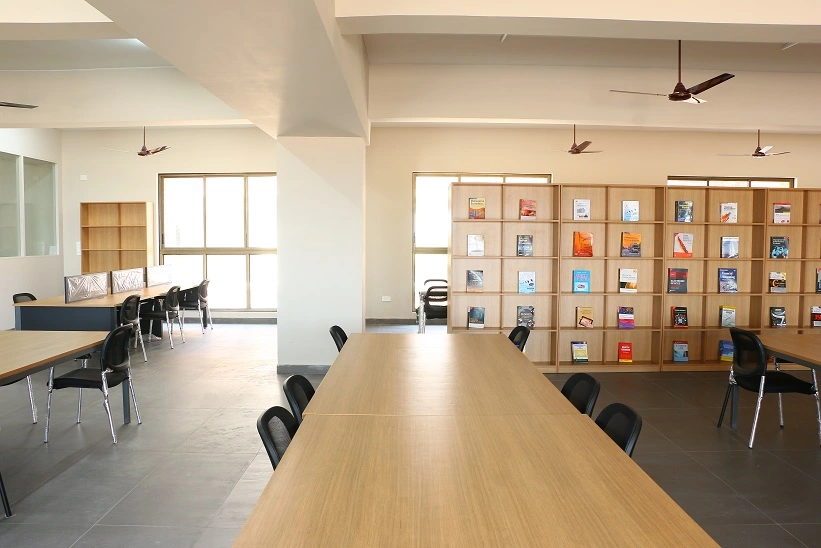M.A. Economics
- Hands-on Training
- Faculty with International Experience
- Advanced Curriculum
- Upto 100% Scholarship based on merit

About the Course
Course Curriculum

Year 1
In the first year, you will build a strong foundation in core economic principles, including microeconomics, macroeconomics, and statistical methods. You will also study economic policy and the basic tools of economic analysis.
Key Subjects: Microeconomics, Macroeconomics, Econometrics, Statistical Methods in Economics, Economic Policy Analysis, Development Economics.
Year 2
The second year focuses on advanced topics such as international trade, monetary economics, and public finance. You will also work on your research dissertation, applying your learning to explore economic issues in greater depth.
Key Subjects: International Trade, Monetary Economics, Public Finance, Labour Economics, Research Methodology, Research Project/Dissertation.
Programme Outcomes (POEs)
Upon completing the M.A. in Economics, you will have developed the following competencies:
Advanced Understanding of Economic Theory
You will have a deep understanding of both microeconomic and macroeconomic theories and their real-world applications, allowing you to analyse and interpret complex economic issues.
Quantitative and Analytical Skills
You will be proficient in using econometric techniques and statistical methods to analyse economic data, making you well-equipped to work in policy analysis, finance, or research.
Research Expertise
You will develop strong research skills, including the ability to formulate hypotheses, conduct data analysis, and present research findings in a scholarly manner.
Policy Analysis
You will gain the ability to evaluate and propose economic policies that address real-world problems, especially in areas such as development, finance, and public administration.
Communication Skills
You will refine your written and oral communication skills, ensuring that you can effectively communicate complex economic ideas to diverse audiences, including policymakers, businesses, and the public.
Global Economic Awareness
You will gain an understanding of global economic issues, including international trade, finance, and development, preparing you to work in a globalised economic environment.
Programme Outcomes (POs)
The M.A. in Economics will help you achieve the following broader learning outcomes:
PO1: Mastery of Economic Concepts
You will acquire advanced knowledge of economic principles and theories, preparing you for roles in economics research, policy-making, and advisory roles.
PO2: Research and Data Analysis
You will develop the ability to conduct research using advanced data analysis techniques, enabling you to answer key questions in economics and make data-driven recommendations.
PO3: Critical Thinking and Problem-Solving
You will refine your problem-solving abilities, allowing you to apply economic theory to real-world situations and solve economic problems with creativity and insight.
PO4: Effective Policy Evaluation
You will gain the skills to critically assess and design economic policies, considering their social, political, and economic implications.
PO5: Communication of Economic Ideas
You will learn how to communicate complex economic concepts effectively, whether in research papers, presentations, or policy briefs.
PO6: Interdisciplinary Perspective
You will learn to integrate economic theory with insights from other fields, such as political science, sociology, and history, to analyse economic phenomena from multiple perspectives.
Career Scope
Graduating from the M.A. in Economics opens up a wide range of career opportunities in government, international organisations, financial institutions, think tanks, research firms, and academia. Potential job roles include:
Economist
- Role: Conduct research and analysis on economic trends, advise governments and organisations on economic policies, and help shape fiscal strategies.
- Salary: ₹7,00,000 to ₹12,00,000 per annum.
Policy Analyst
- Role: Research and analyse economic policies, offering insights and recommendations to governments, think tanks, or international agencies.
- Salary: ₹6,00,000 to ₹10,00,000 per annum.
Financial Analyst
- Role: Analyse financial data, conduct market research, and help companies and organisations make informed investment decisions.
- Salary: ₹8,00,000 to ₹15,00,000 per annum.
Development Economist
- Role: Work in development organisations, studying the impact of policies and programmes on economic growth and poverty alleviation in developing countries.
- Salary: ₹6,00,000 to ₹11,00,000 per annum.
Public Policy Consultant
- Role: Advise governments and corporations on public policies, offering recommendations on economic, social, and regulatory matters.
- Salary: ₹6,50,000 to ₹12,00,000 per annum.
Academic/Researcher
- Role: Work as an academic or researcher, conducting studies and contributing to the body of knowledge in economics.
- Salary: ₹5,00,000 to ₹8,00,000 per annum.
What You Will Gain at Takshashila University

Comprehensive Curriculum
The M.A. in Economics at Takshashila University offers a comprehensive curriculum that balances theoretical study with practical applications, equipping you with the knowledge and skills needed for a successful career in economics.
Experienced Faculty
Learn from experienced faculty members who are experts in their fields, providing you with valuable insights into both the academic and real-world aspects of economics.
Research Opportunities
Engage in cutting-edge research in economics, working closely with faculty and industry professionals on projects that shape economic policy and practice.
Industry Exposure
Our connections with government agencies, NGOs, research organisations, and corporations offer you opportunities for internships, industry placements, and networking, helping you launch a successful career.

- Academic Qualification: Applicants must have completed their B.A. in Economics or a related field with a minimum of 50% marks.
- Minimum Marks: Candidates from other related fields may also be considered, subject to approval.
- Entrance Exam/Interview: Entrance exams or personal interviews may be required as part of the selection process.

For All Programmes except MBA, MCA, M.Tech, and Integrated Programmes offered by Sunstone, FacePrep, Kalvium and NxtWave
|
S.No |
% of Marks |
Scholarship Amount in Tuition Fees per year |
|
1 |
60% – 75% |
10% |
|
2 |
Above 75 % – 90 % |
25 % |
|
3 |
Above 90 % |
50 % |
Calculation of percentage of Marks (+2 of HSC / 2nd Year of APBIM or +2 of CBSE or Equivalent)
- Engineering – Average marks in Mathematics, Physics, Chemistry/Computer Science
- Lateral Entry – Average marks in Diploma Programme.
- Agriculture – Average marks in Physics, Chemistry, Biology / Botany &Zoology
- AHS / BPT / Pharmacy – Average marks in Physics, Chemistry, Biology / Botany &Zoology/Bio Tech
- UG – Arts & Science / Hotel Management – Overall +2 marks – (+2 of HSC / 2nd Year of APBIM or +2 of CBSE or Equivalent)
- PG – Overall % in UG
- Diploma – Average mark in 10th /Equivalent
MBA, MCA, M. Tech, and Integrated Programmes offered by Sunstone, FacePrep, Kalvium and NxtWave – No Academic Scholarship applicable.
Student Experience at Takshashila University
The M.A. in Economics at Takshashila University offers a dynamic learning environment where you will engage in both academic study and real-world applications. You will work on projects, case studies, and research that deepen your understanding of economic theory and policy.
What you can look forward to

Research-Based Learning
Engage in research projects that contribute to the understanding of current economic challenges and policy development.

Collaborative Learning
Collaborate with faculty and peers on projects that solve real-world economic problems, enhancing your problem-solving and teamwork skills.

Industry Networking
Take advantage of internships and networking opportunities with leading economists, policymakers, and industry professionals.

Global Perspectives
Study global economic issues and participate in seminars, guest lectures, and conferences, connecting with experts from around the world.
Spread over 150 acres
At Takshashila University, you will have ample opportunities to hone your skills in real-world healthcare settings, utilising state-of-the-art medical facilities and simulation labs on our 150-acre campus.
Ready to make an impact in the world of economics?
Frequently Asked Questions (FAQs)
What is the duration of the M.A. in Economics?
The course lasts for 2 years, divided into four semesters.
What qualifications are required to apply for the M.A. in Economics?
Applicants must have completed their B.A. in Economics or a related field with a minimum of 50% marks.
Is there an entrance exam for admission?
Yes, an entrance exam may be required for the selection process, along with an interview.
What career support is available for graduates?
Takshashila University provides career services that assist graduates with job placements, internships, and networking opportunities in various sectors, including finance, policy, and research.

